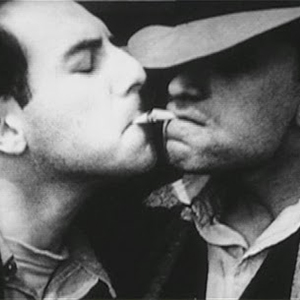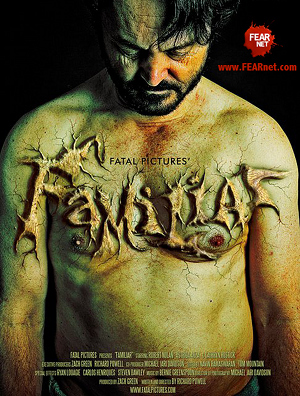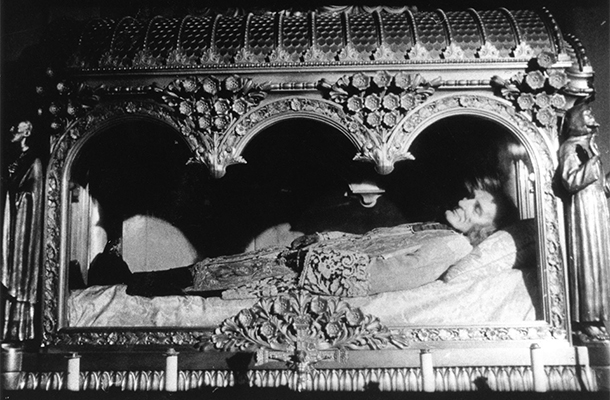
Subversive Saturday: Pie in the Sky (1935)
In an unlikely combination of one of America cinema’s most influential filmmaker’s and one of the fathers of avant-garde films, Elia Kazan and Ralph Steiner combine forces to create a wonderfully subversive short titled Pie in the Sky (1936), where there might not be enough pie for everyone here but thems the breaks and if you follow the rules you might just get “pie in the sky when you die”.



